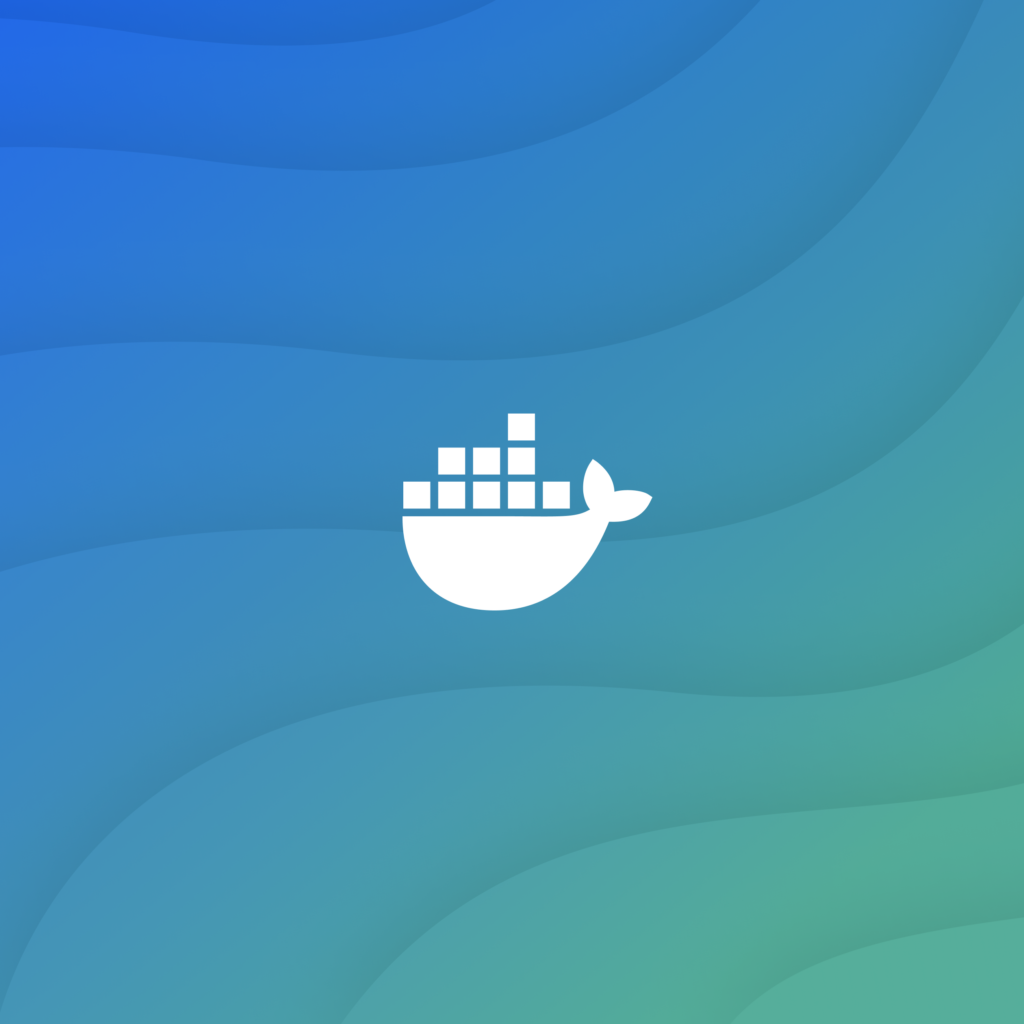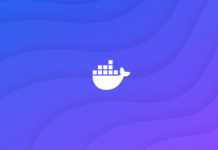The landscape of modern application development has undergone a substantial transformation over the years. The era when a small group of developers could create an application with a few computers and some pizza for sustenance is long gone. As the industry has matured, methodologies like DevOps have emerged, enhancing collaboration among teams, while Docker has popularized the use of containerization. This has significantly streamlined workflows and accelerated the delivery of software products.
In recent years, DevSecOps has integrated security into the development process, emphasizing the importance of security from the outset. As we look towards the future, the demand for software continues to surge, with projections indicating that over 750 million cloud-native applications could be in development by 2025. This surge in demand brings about a new challenge: managing the complexity inherent in modern development environments.
Today’s applications often span numerous programming languages, frameworks, and architectures, requiring integration of both older systems (legacy) and new, cutting-edge technologies. Development teams must operate within hybrid environments that include local systems, cloud-based services, and a combination of both. This complexity can impede a company’s ability to innovate quickly and maintain a competitive edge in the market.
To navigate these challenges effectively, a robust development platform is essential—one that is as reliable and universally available as electricity or Wi-Fi. Such a platform should work uniformly across different types of applications, development tools, and environments. Whether your team is beginning to explore microservices or fully embracing cloud-native development, Docker provides a versatile solution that integrates seamlessly with existing workflows and scales to accommodate the needs of individual developers, small teams, or large enterprises.
Docker: Simplifying Complexity
The suite of Docker products offers essential tools to expedite development, modernize outdated applications, and empower teams to work efficiently and securely. With Docker, you can achieve several key objectives:
- Modernize Legacy Applications: Docker allows you to containerize existing systems, making them compatible with modern technology stacks without disrupting ongoing operations. This means you can bring your older applications up to speed with new advancements without starting from scratch.
- Enhance Productivity for Cloud-Native Teams: Docker ensures that development environments remain consistent, integrates with CI/CD (Continuous Integration/Continuous Deployment) workflows, supports hybrid development setups, and fosters enhanced collaboration among team members.
Consistent Environments: Build Once, Run Anywhere
Docker provides a consistent environment that spans different phases of development, from testing to production, addressing the notorious “it works on my machine” issue. This consistency ensures that your team can develop applications in uniform settings—whether on macOS, Windows, or Linux—leading to reliable code, improved collaboration, and quicker time to market.
With Docker Desktop, developers have access to a powerful graphical user interface (GUI) and command-line interface (CLI) for managing containers locally. It seamlessly integrates with popular Integrated Development Environments (IDEs) like Visual Studio Code, enabling developers to code, build, and debug within familiar tools. Furthermore, the inclusion of Kubernetes support allows teams to test and deploy applications on a local Kubernetes cluster, ensuring that the code performs as expected in production.
Integrated Workflows for Hybrid Environments
In today’s development landscape, work often spans both local and cloud environments. Docker bridges this gap by offering flexible solutions like Docker Build Cloud, which significantly accelerates build pipelines—up to 39 times faster—using cloud-based, multi-platform builders. This means developers can spend more time on coding and innovation instead of waiting on lengthy build processes.
Moreover, Docker integrates seamlessly with popular CI/CD tools such as Jenkins, GitLab CI, and GitHub Actions. This integration automates processes, reducing the need for manual intervention and enabling consistent, reliable deployments. Whether you’re building in the cloud or locally, Docker ensures flexibility and productivity at every stage of the development lifecycle.
Team Collaboration: Better Together
Collaboration is at the core of Docker’s functionalities. With integrations like Docker Hub and other registries, teams can effortlessly share container images and collaborate on builds. Features in Docker Desktop, such as Docker Debug and the Builds View Dashboards, empower developers to jointly troubleshoot issues, speeding up resolution times and boosting team efficiency.
Docker Scout provides actionable security insights, assisting teams in identifying and resolving vulnerabilities early in the development process. By offering these tools, Docker creates a collaborative environment where teams can innovate more quickly and securely.
Why Choose Docker?
In today’s rapidly evolving development landscape, complexity can be a significant hindrance. Docker’s unified platform helps reduce this complexity by simplifying workflows, standardizing environments, and empowering teams to deliver software more rapidly and securely. Whether you are modernizing legacy applications, bridging local and cloud environments, or building state-of-the-art cloud-native applications, Docker supports efficiency and scalability at every stage of the development cycle.
Docker offers a comprehensive platform that brings together industry-leading tools—Docker Desktop, Docker Hub, Docker Build Cloud, Docker Scout, and Testcontainers Cloud—into a cohesive experience. Docker’s flexible pricing plans ensure there is a solution suitable for every developer and team, from individual contributors to large enterprises.
Get Started Today
Are you ready to streamline your development processes? Start your Docker journey now and equip your team with the tools they need to innovate, collaborate, and deliver with confidence.
For those seeking tips and tricks, consider subscribing to Docker Navigator for the latest updates and insights delivered straight to your inbox.
Learn More
For further information and to explore Docker’s offerings in more detail, visit Docker’s official website.
This article presents a comprehensive overview of how Docker can transform the development process, making it more efficient, collaborative, and capable of handling the complexities of modern software requirements. Whether you’re a seasoned developer or someone new to the field, Docker provides the tools and support necessary to excel in today’s fast-paced technological environment.
For more Information, Refer to this article.


































